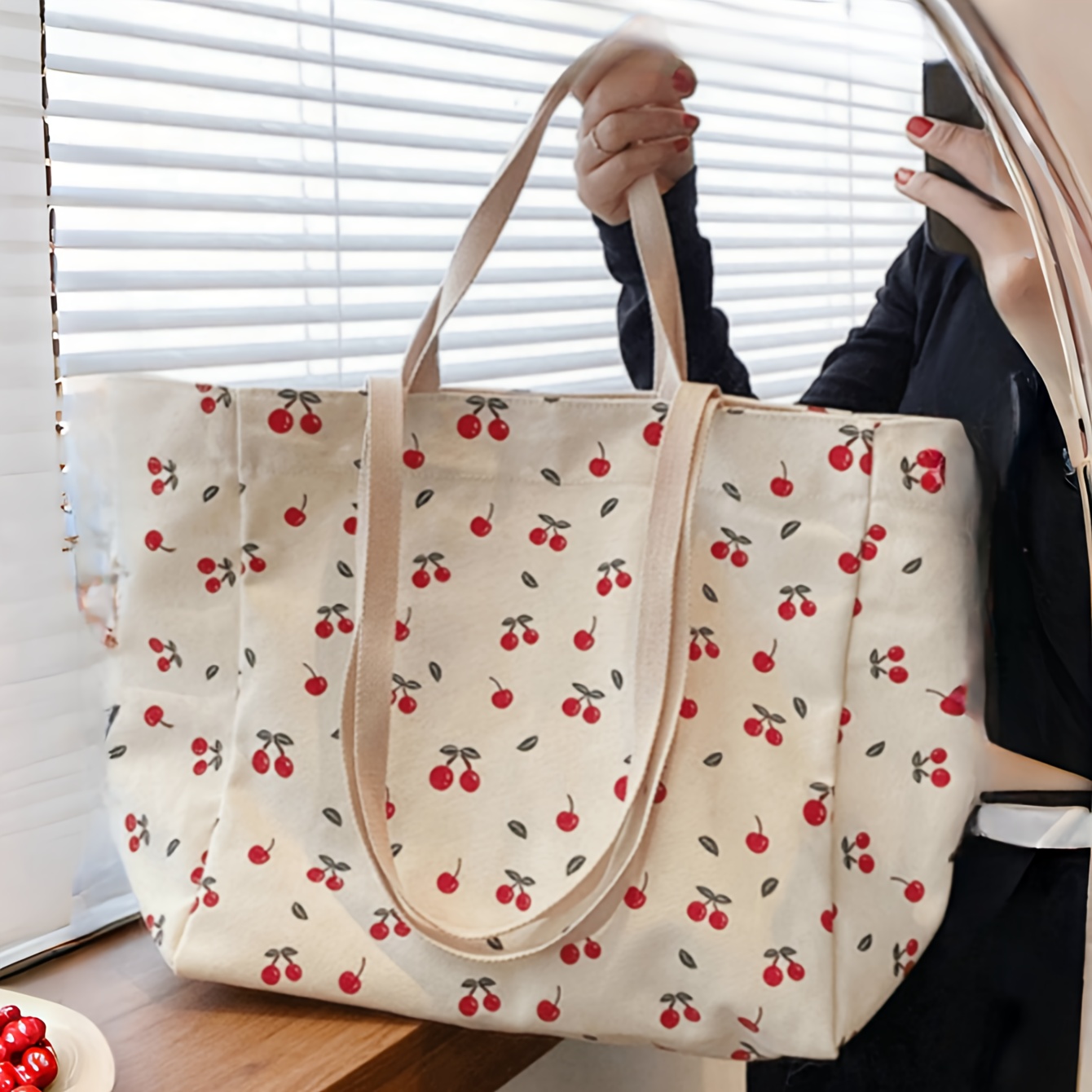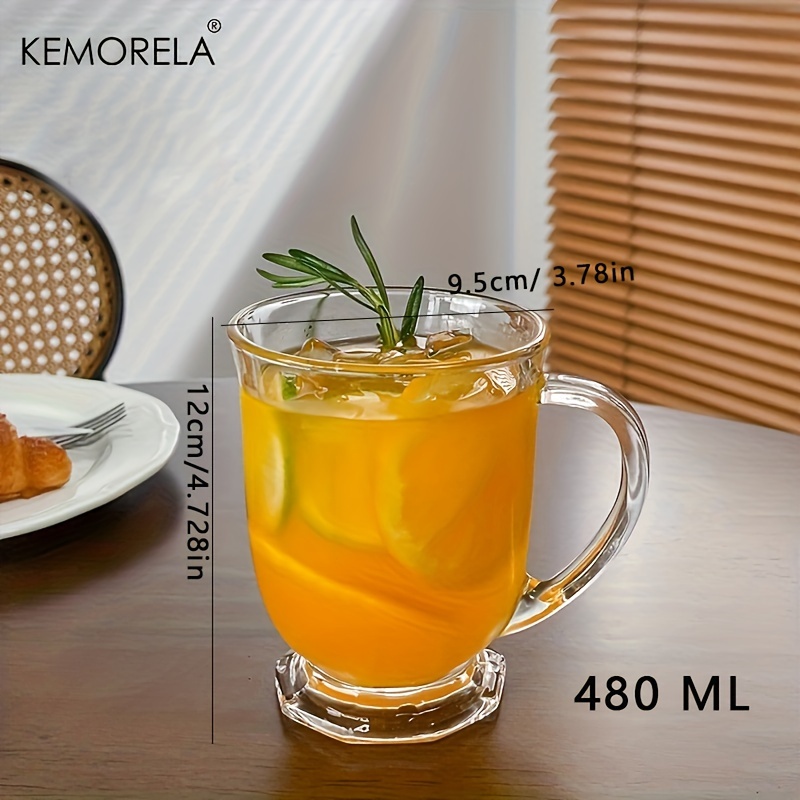Every woman wants to maintain her youthful appearance for as long as possible, and many are ready to invest time and money to do so. However, with so many products on the market, determining what is ideal for the face and skin shine can be challenging. Doctors, on the other hand, urge that certain components be required in all skincare products, regardless of age.
6 INGREDIENTS TO FIGHT PREMATURE AGING
1. GREEN TEA
You can unwind with a cup of hot green tea, but this plant is also high in nutrients that benefit the skin. Green tea's stimulating properties may have a significant impact on skin aging. Green tea includes antioxidants that protect and heal the damage caused by oxidation, which breaks down skin cells and causes dark circles. You can also drink green tea daily if you use green tea-based lotions or serums.
2. VITAMIN B
Vitamin B is essential for maintaining healthy skin, hair, and nails. These vital vitamins can be found in a variety of skincare products. The job of all B vitamins, however, is the same: to transform food into energy. It boosts critical biological functions, including those that keep skin tight and healthy. B vitamins, according to dermatologist Schlessinger, can be especially effective when applied topically in moisturizers. Damaged cells will mend and regenerate faster when included among other substances in skincare products.
3. COENZYME Q10
Coenzyme Q10 (Co Q10) is a potent antioxidant that can help you keep your skin looking young. The elastic tissue and collagen that shape our skin are protected by coenzyme Q10. Natural levels of coenzyme Q10 decline as we age, slowing the skin's capacity to regenerate and defend itself from harm. Many people feel that combining dietary supplements with topical treatments can help raise coenzyme levels. According to certain studies, topical use of coenzymes efficiently decreases aging-causing free radicals on the skin.
 |
| Photo by Karolina Grabowska from Pexels |
4. RETINOIDS AND RETINOL
Vitamin A derivatives include over-the-counter retinol and prescription retinoids. Retinoids and retinol promote healthy skin by accelerating and stimulating cell development and collagen formation. Retinoids reduce discoloration, remove blemishes and freckles, and improve skin texture in addition to filling in wrinkles. However, don't expect to see effects right away because retinol takes weeks, if not months, to exhibit its anti-wrinkle impact, so it must be used for a long period. Furthermore, because retinoids and retinol can dry out the skin and make it more sensitive to the sun, it's crucial to use them in moderation and to use sunscreen every day.
5. VITAMIN E
Vitamin E is an important component in preventing skin damage that leads to wrinkles. Why? Free radicals harm cells and are created by environmental factors such as UV exposure. Vitamin E neutralizes them. Vitamin E is a great antioxidant to look for in skin rejuvenation lotions, and it can also aid wound healing by strengthening the skin barrier. As a result, pure vitamin E oil is a popular and affordable treatment for damaged cuticles and scars. Because they both operate on protecting and developing collagen, topical administration of vitamins C and E combined has the most benefit.
6. VITAMIN C
Vitamin C helps to repair damage and lighten dark spots. Vitamin C is an antioxidant that protects against free radical damage and boosts the effectiveness of sunscreen, according to Zeichner. Vitamin C inhibits the development of aberrant pigments and brightens black areas. This vitamin is found in products that help to preserve collagen fibers and protect the skin's supporting systems. When purchasing vitamin C, keep in mind that it is a fine but unstable component that can quickly lose its characteristics if not properly preserved. It can oxidize and become useless if exposed to high temperatures. It is critical to ensure that the product has undergone clinical studies and that it is kept in a temperature-controlled environment.
Look for these compounds on product labels, according to doctors, to improve skin health and appearance.


















Post a Comment